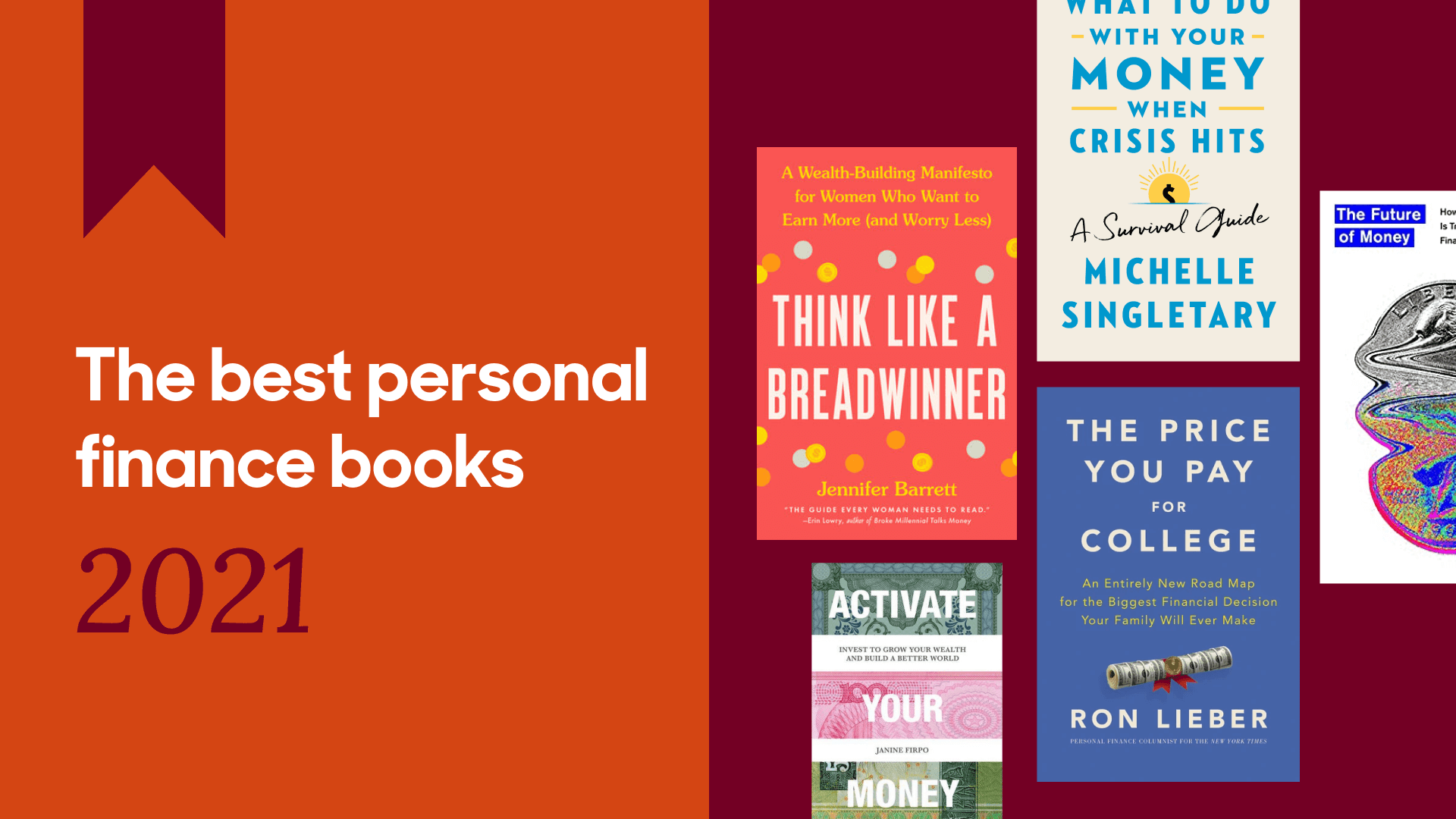Almost everything we know about money has changed over the last decade thanks to technology, policy, and an unprecedented pandemic. To help you make sense of the new financial normal, we picked the best personal finance books published in 2021. Believe it or not, we're one of the only places you can even find a list of the best finance books published this year, since most personal finance publications include books anywhere from 3 to 30 years old on their best books lists.
'The Future of Money' by Eswar S. Prasad
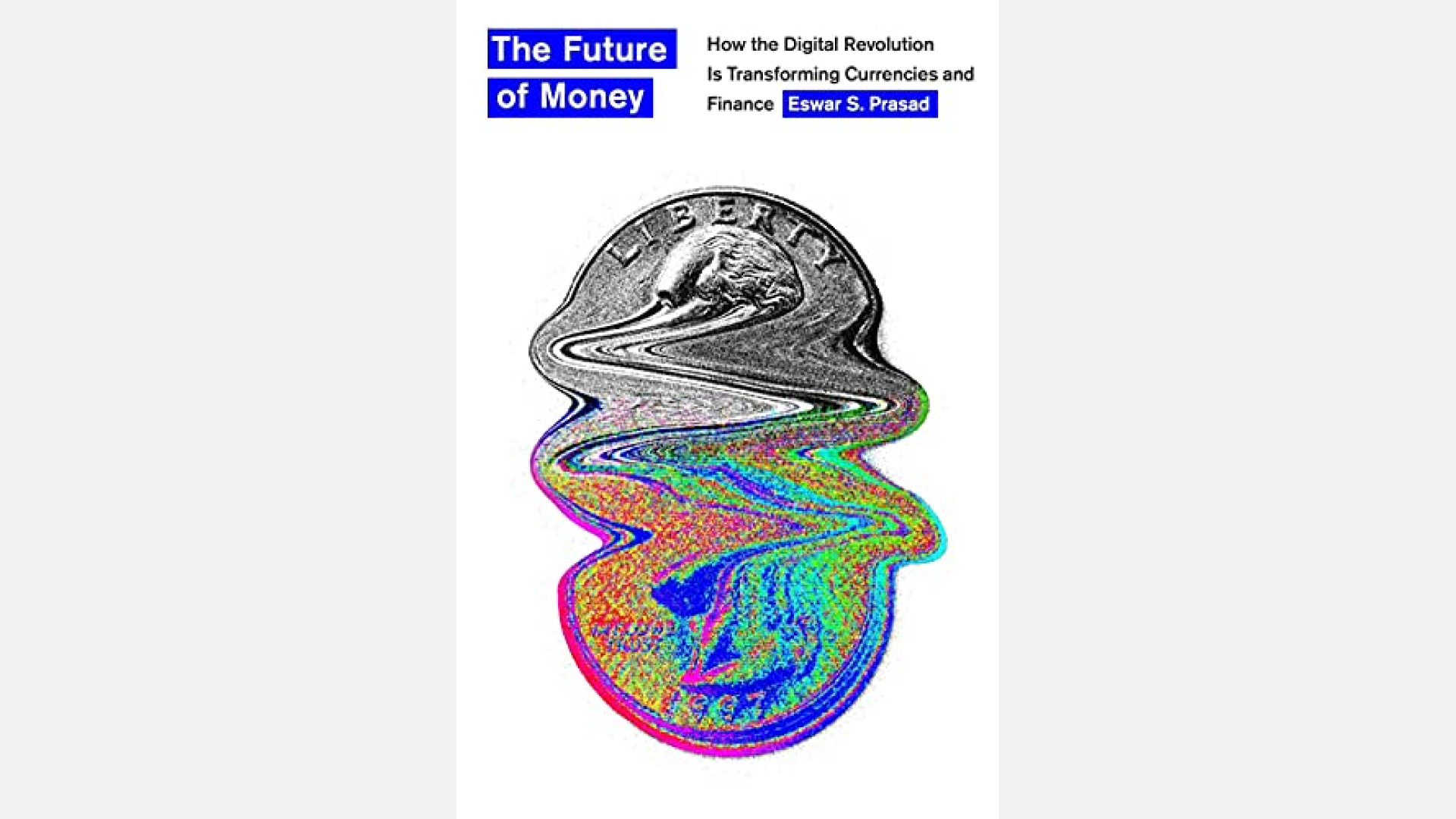
While personal finance has changed a lot over the last 10 years, Eswar S. Prasad — the Tolani Senior Professor of Trade Policy and Professor of Economics at Cornell University and a Senior Fellow at the Brookings Institution — thinks even bigger changes are right around the corner. "The Future of Money: How the Digital Revolution Is Transforming Currencies and Finance" is a fascinating look at how the end of physical cash and the rise of digital currencies will create legal and ethical challenges for banks, businesses, governments, and individuals.
'What to Do with Your Money When Crisis Hits' by Michelle Singletary
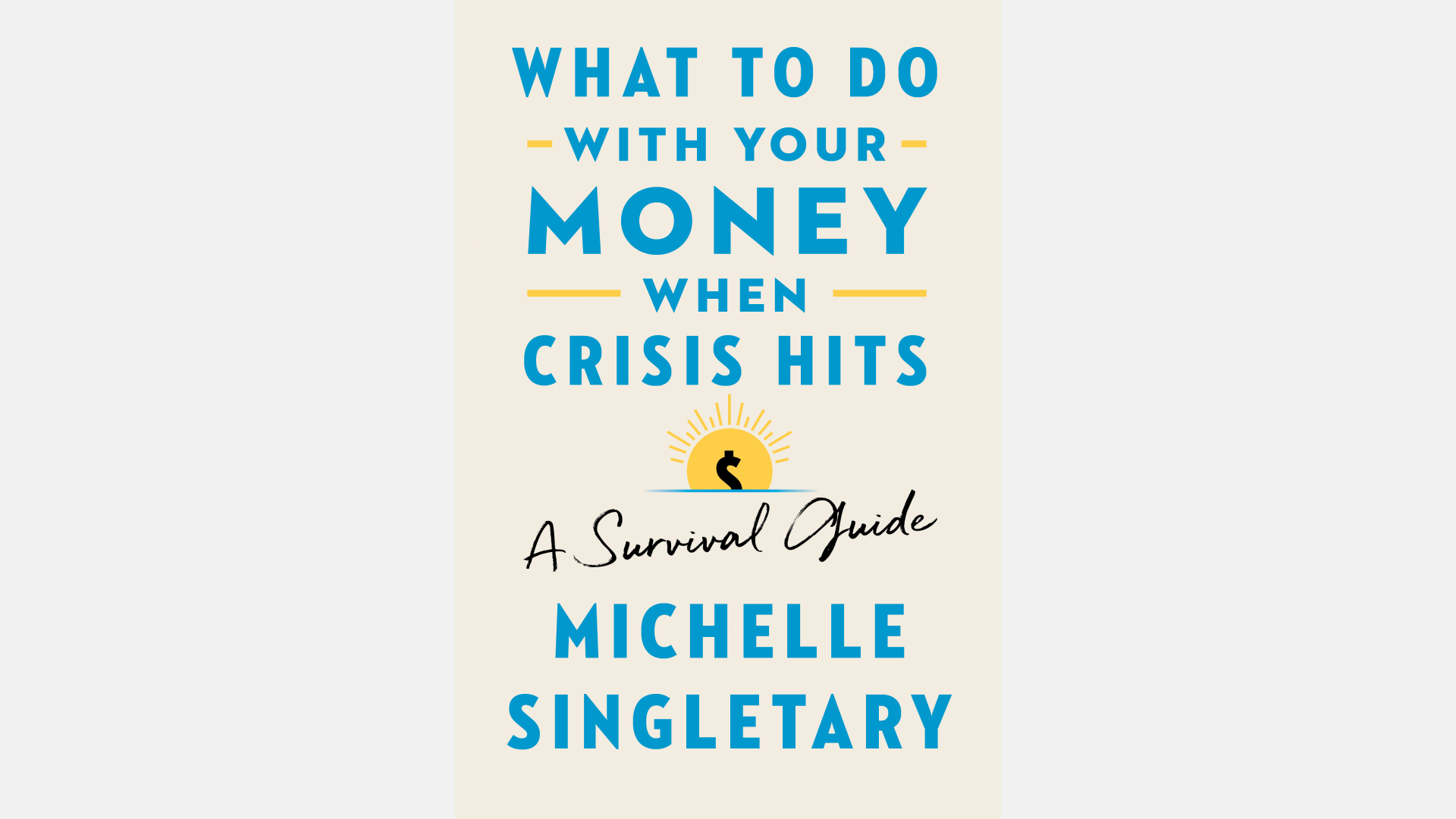
Were you financially prepared for a worldwide pandemic in March of 2020? Probably not. Michelle Singletary's new book, "What to Do with Your Money When Crisis Hits: A Survival Guide," is a supportive and accessible guide to preparing for the unexpected, whether it's a global event like the Great Recession or an individual crisis like losing your job or landing in debt.
'The Debt Trap' by Josh Mitchell
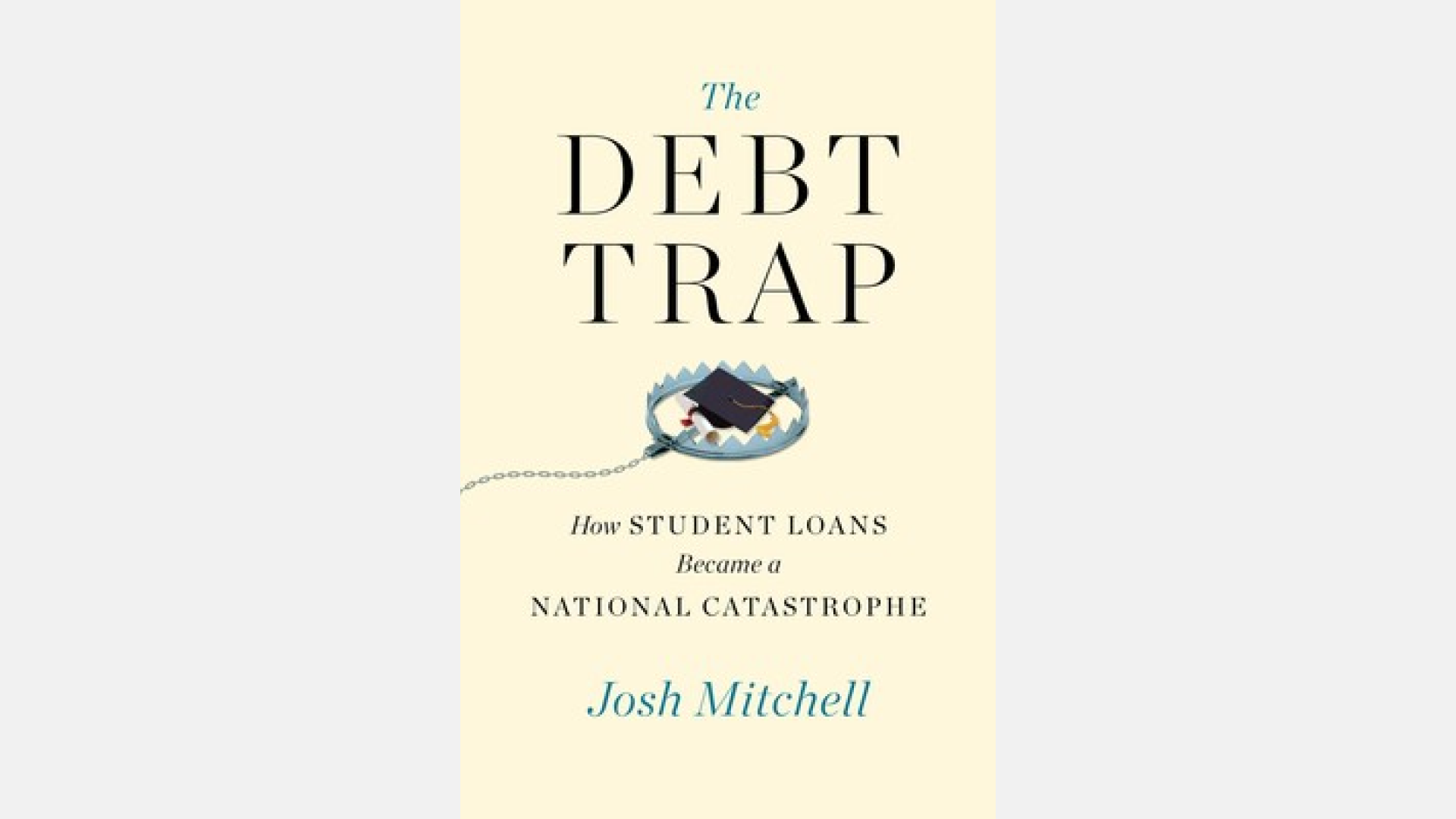
In our interview with Wall Street Journal reporter Josh Mitchell, he said, "The only way to highlight how catastrophic student debt can be is to show how debt affects people." To tell those human stories and help people understand student debt is more than a numbers problem, Mitchell wrote "The Debt Trap: How Student Loans Became a National Catastrophe." It's a stunning and compelling look at how the student loan industry has left millions of Americans in debt, including "scandals, scams, predatory actors, and government malpractice."
'Get Good with Money' by Tiffany Aliche
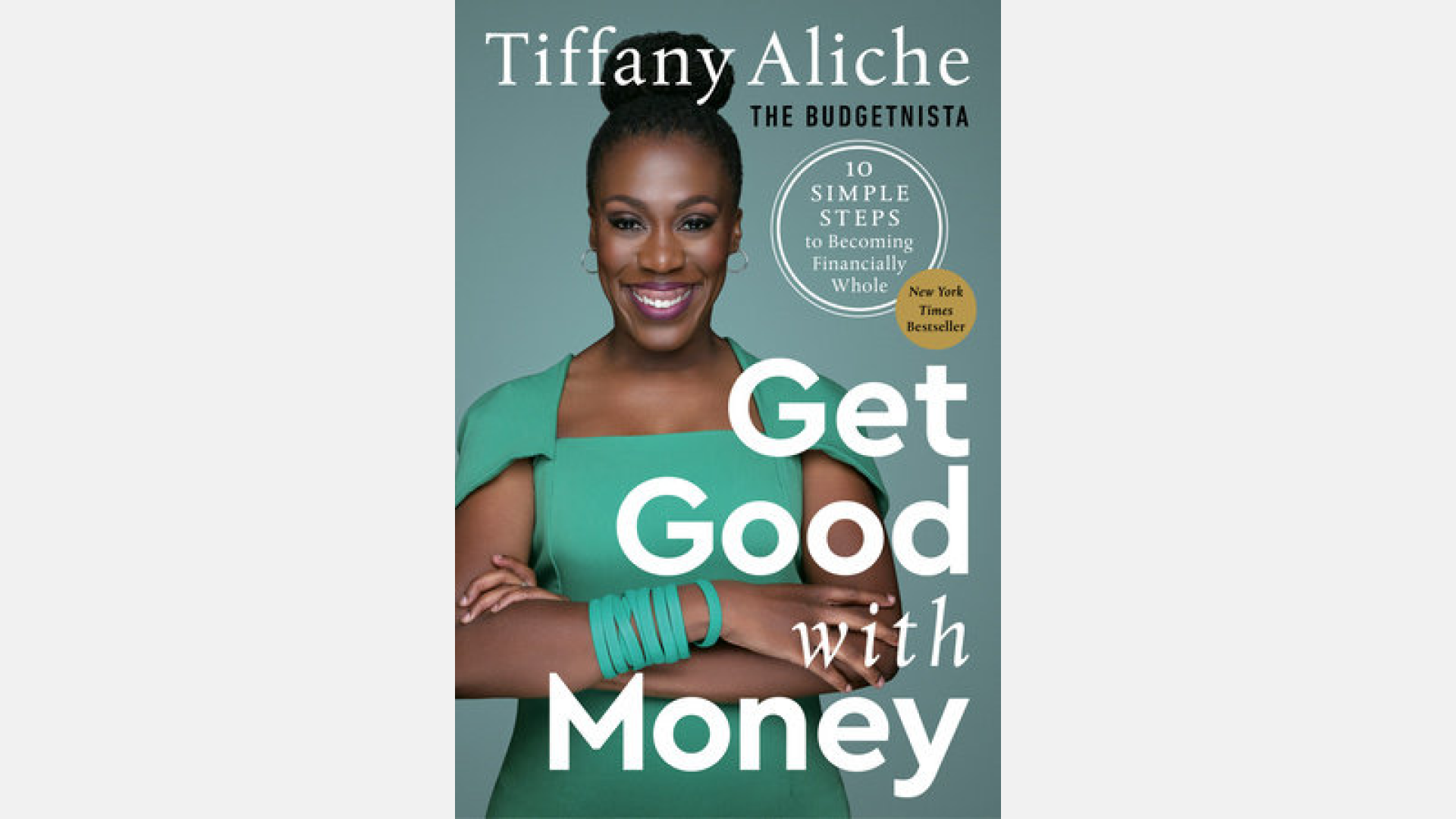
Also known as "The Budgetnista," Aliche's new book — "Get Good with Money: Ten Simple Steps to Becoming Financially Whole" — is a step-by-step workbook full of checklists and self-assessments in addition to her award-winning advice. It's a perfect crash course for getting your finances together, no matter where you are in life.
'The Price You Pay for College' by Ron Lieber
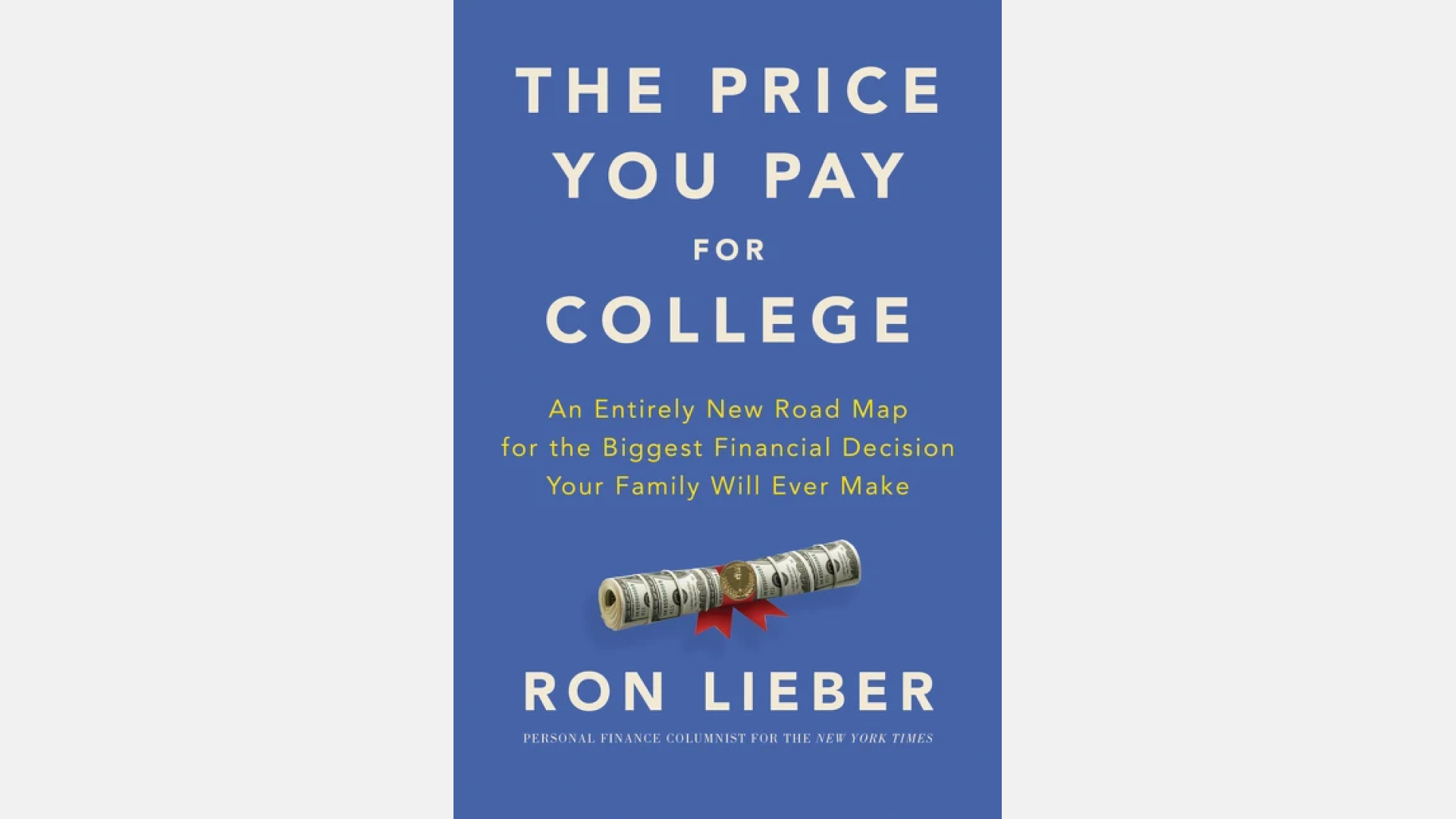
"Not long ago, just a handful of years before a frightening virus caused nearly everyone to question almost everything, we reached a startling threshold in the financial life of American families that went mostly unnoticed," writes Ron Lieber in the introduction to "The Price You Pay for College: An Entirely New Road Map for the Biggest Financial Decision Your Family Will Ever Make." "All of a sudden, sending an eighteen-year-old away to a state university for four years cost over $100,000 in many parts of the country." Lieber's book is a thorough examination of the cost of higher education and how to deal with it, brimming with data and insights.
'Activate Your Money' by Janine Firpo
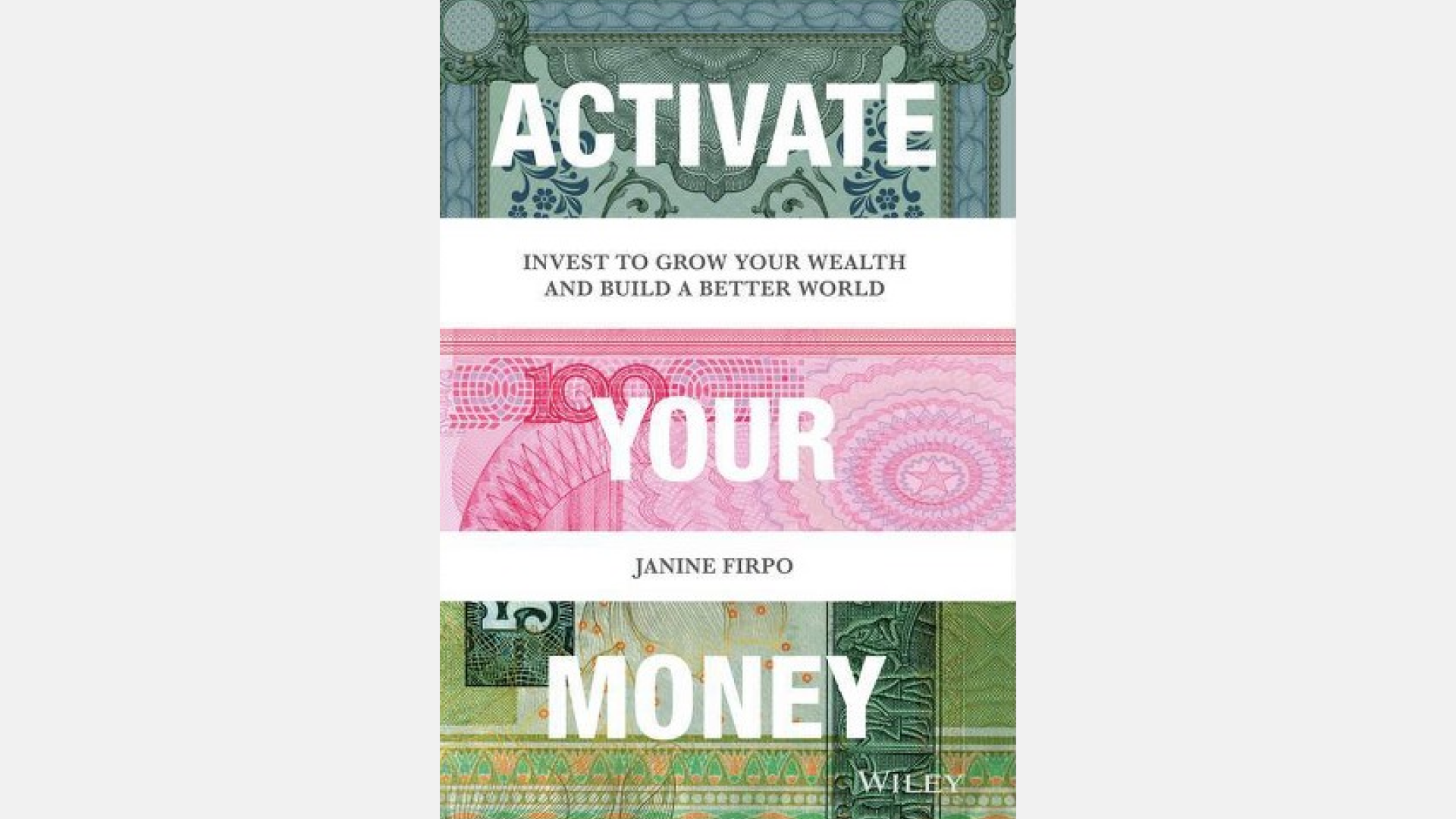
Janine Firpo's new book, "Activate Your Money: Invest to Grow Your Wealth and Build a Better World," focuses on how women can become more successful and sustainable investors. "Starting with checking and savings accounts and proceeding asset class by asset class," Firpo includes a ton of valuable advice on investing in a greener future — for yourself and for the planet.
'Shutdown' by Adam Tooze
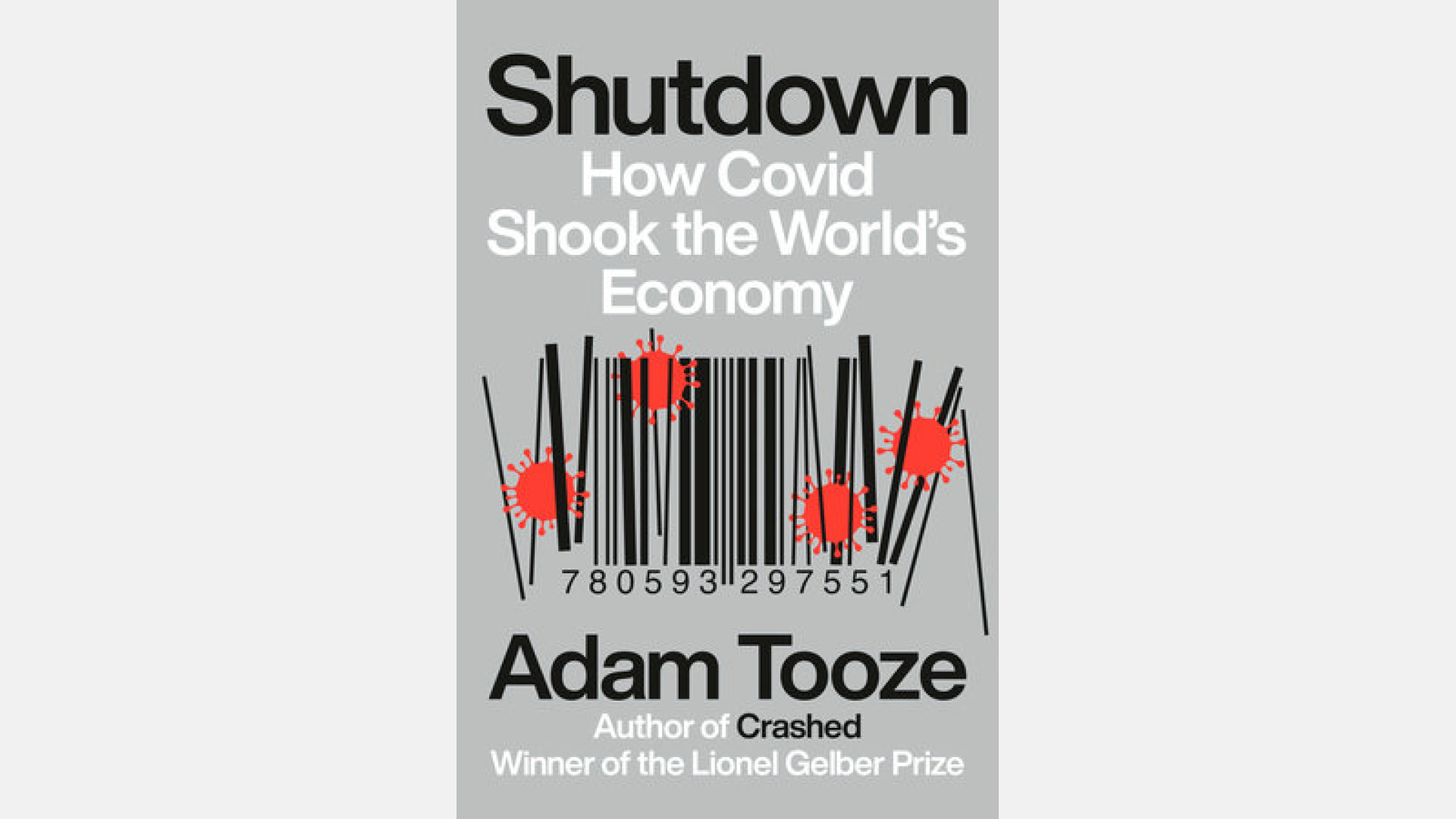
Why was the world so unprepared for the financial crisis that accompanied the COVID-19 pandemic? And did we learn anything from it? Those are just some of the questions Adam Tooze seeks to answer in "Shutdown: How Covid Shook the World's Economy." It's a riveting follow-up to his book explaining the Great Recession, "Crashed: How a Decade of Financial Crises Changed the World."
'Stacked' by Joe Saul-Sehy and Emily Guy Birken
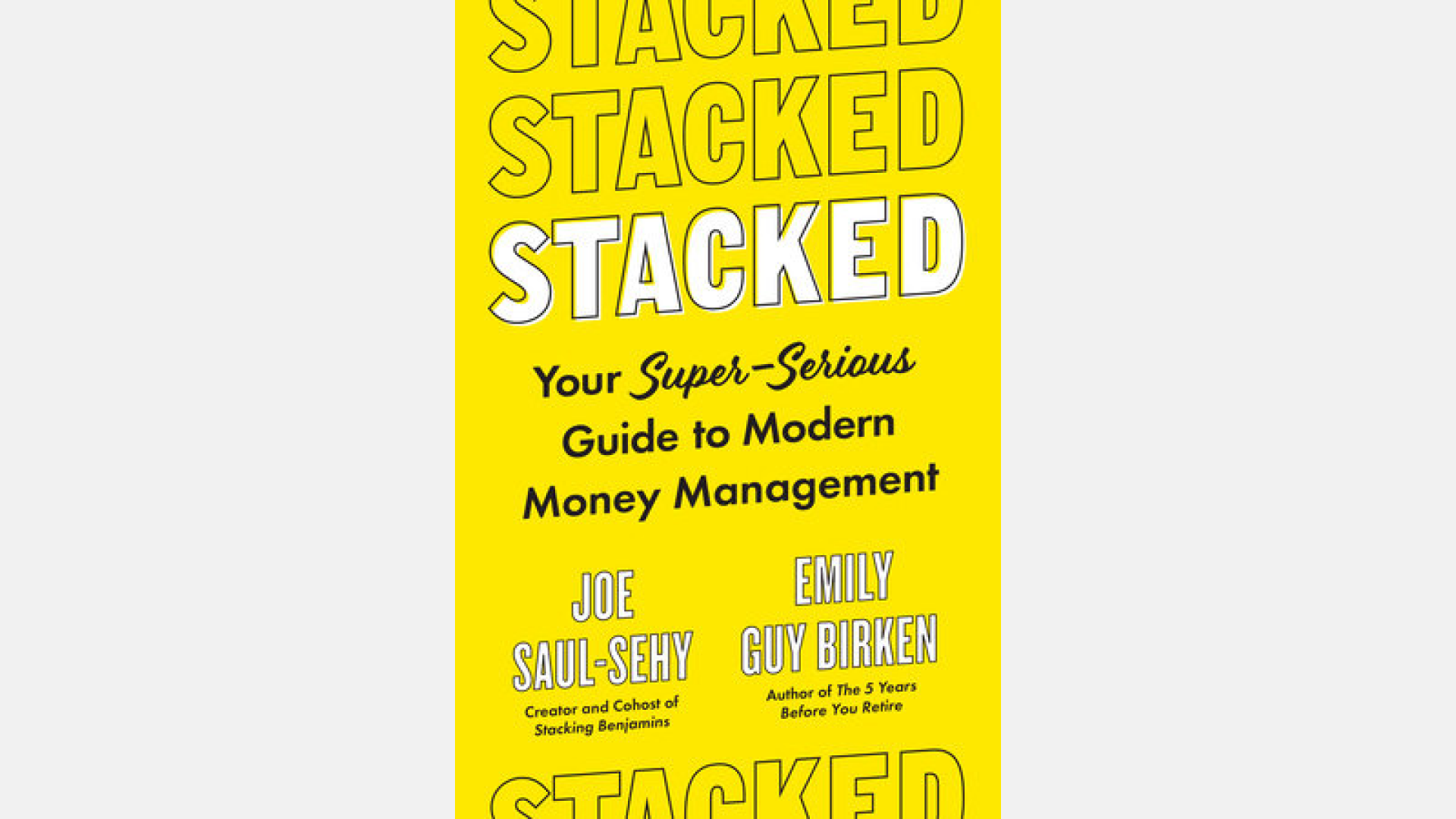
The co-host of the "Stacking Benjamins" podcast, Joe Saul-Sehy, teamed up with personal finance author Emily Guy Birken on "Stacked: Your Super-Serious Guide to Modern Money Management." It's a witty, quirky, easy-to-read guide to making and saving more money in today's economy, including side hustles, financial advisors, and new technology.
'Think Like a Breadwinner' by Jennifer Barrett
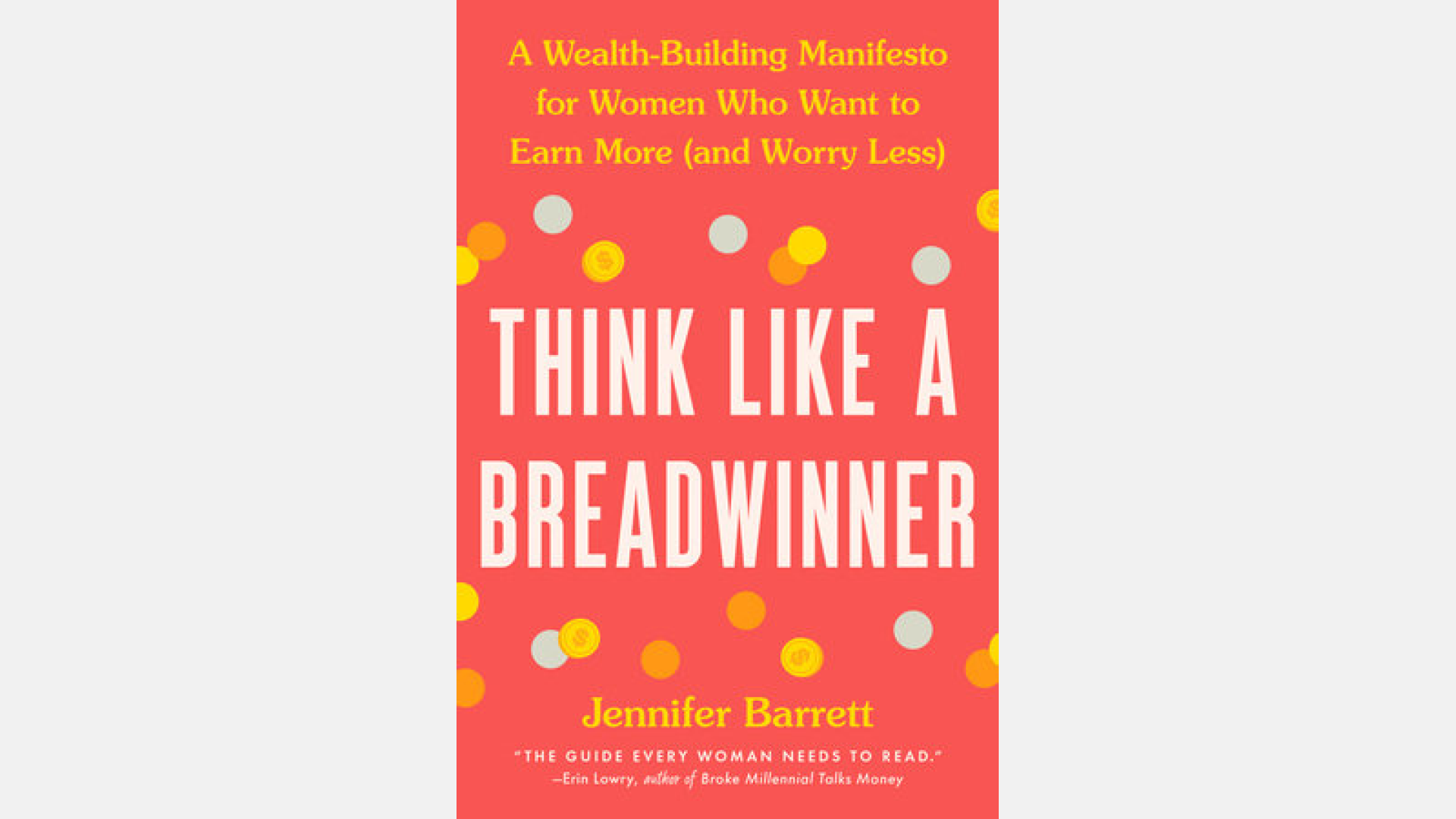
"For many women raised in a middle-class household — whether we were born in the 1970s or the '90s — a lot of the ideas and expectations we picked up around money aren't just disempowering; they're outdated," writes Jennifer Barrett, former Chief Education Officer at Acorns and the author of "Think Like a Breadwinner: A Wealth-Building Manifesto for Women Who Want to Earn More (and Worry Less)." It's an empowering book full of tips, advice, and real-life examples.
'Trillions' by Robin Wigglesworth
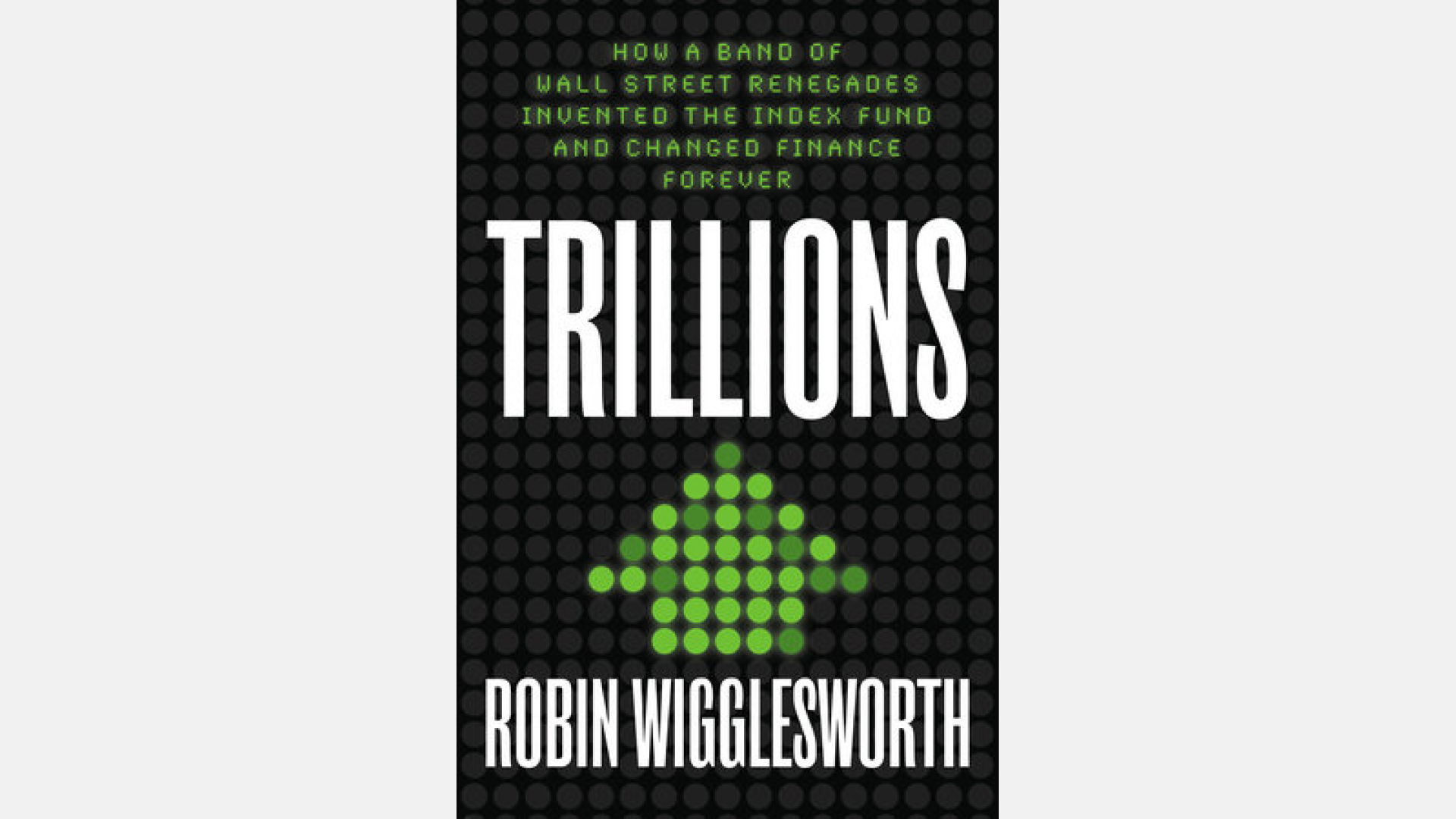
You could argue that nothing has changed investing more than index funds over the last decade, but Robin Wigglesworth's new book — "Trillions: How a Band of Wall Street Renegades Invented the Index Fund and Changed Finance Forever" — explains how the concept originated with a "motley crew of nerds" 50 years ago. It's a page-turning work of narrative nonfiction for fans of "The Big Short."

